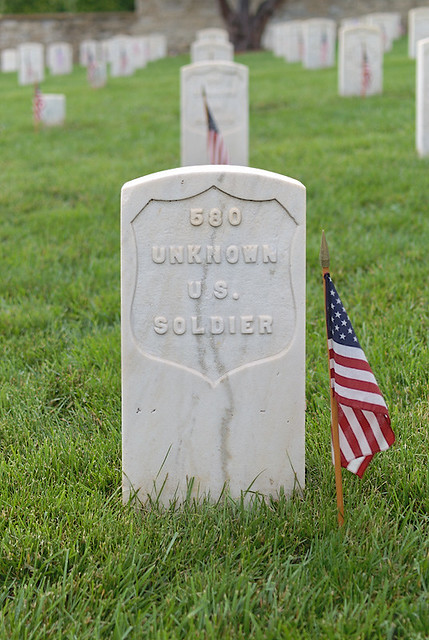
Pages
▼
Monday, May 27, 2013
“The Fall of Arthur”

AN EXCERPT from an unfinished poem The Fall of Arthur, by J.R.R. Tolkien:
Foes before them, / flames behind them,Professor Tolkien, in the 1930s, attempted to write a grand narrative poem about Arthur, King of the Britons, hoping to give the English a mythic national epic, in the manner of the Illiad, the Aeneas, el Cid, the Nibelungenlied, or the Epic of Gilgamesh. He attempted to write a poem, using sparse Anglo-Saxon alliterative verse, which stripped the legends of Arthur of much of their Continental baggage, while focusing on the Englishness of his hero.
ever east and onward / eager rode they,
and folk fled them / as the face of God,
til earth was empty, / and no eyes saw them,
and no ears heard them / in the endless hills,
save bird and beast / baleful haunting
the lonely lands. / Thus at last came they
to Mirkwood's margin / under mountain-shadows:
waste was behind them, / walls before them;
on the houseless hills / ever higher mounting
vast, unvanquished, / lay the veiled forest.
It ought to be noted that interest in such national epics was common during the Romantic era. While Romanticism offered a refreshing, heart-felt point of view against the slavery and industrial ugliness of the Enlightenment, this one-sided ideology ultimately proved itself to also be poison, with the Fascist regimes which developed out of that era. Perhaps for this reason, despite its worthiness, Tolkien abandoned The Fall of Arthur, and concentrated his work on The Lord of the Rings, which has a rather different tone, although we can see many parallels in the works.
Tolkien’s friend, C.S. Lewis, wrote in First and Second Things about how the National Socialists sucked the joy out of the old myths, by turning a minor villain into a national hero. It would be like a Postmodernist Arthur which makes Mordred the hero, and which teaches the wrong lesson of hatred of the good.
Like the old German epics, The Fall of Arthur is a tale that ends in inevitable tragedy for its hero, who though is on the side of right, is ultimately defeated, as the title of the work tells us.
Saturday, May 04, 2013
Two Poems by G.K. Chesterton
THE PROLIFIC WRITER Gilbert Keith Chesterton (1874-1936), a prominent and influential essayist of the post-Victorian era, is much beloved of Catholics, especially as he confronts the new ideas of his era, those ideas which have been imposed on us in recent decades.
While better known for his essays, he also wrote novels, plays, and poetry. Here are two excerpts from some of his poetry, which have a distinctive Catholic character: the following is from The Ballad of the White Horse, the last major epic poem in the English language. In this excerpt, King Alfred is facing invasion of his country by heathen barbarians, and there seemed to be little hope for victory. He meets the Blessed Virgin Mary, who offers him some unusual comfort:
And naught was left King Alfred“And you have wars you hardly win, and souls you hardly save.” Does this not describe our life, even the very best of times? Do we “have joy without a cause,” or “faith without a hope?” You can read the rest of the poem here.
But shameful tears of rage,
In the island in the river
In the end of all his age.
In the island in the river
He was broken to his knee:
And he read, writ with an iron pen,
That God had wearied of Wessex men
And given their country, field and fen,
To the devils of the sea.
And he saw in a little picture,
Tiny and far away,
His mother sitting in Egbert's hall,
And a book she showed him, very small,
Where a sapphire Mary sat in stall
With a golden Christ at play.
It was wrought in the monk's slow manner,
From silver and sanguine shell,
Where the scenes are little and terrible,
Keyholes of heaven and hell.
In the river island of Athelney,
With the river running past,
In colours of such simple creed
All things sprang at him, sun and weed,
Till the grass grew to be grass indeed
And the tree was a tree at last.
Fearfully plain the flowers grew,
Like the child's book to read,
Or like a friend's face seen in a glass;
He looked; and there Our Lady was,
She stood and stroked the tall live grass
As a man strokes his steed.
Her face was like an open word
When brave men speak and choose,
The very colours of her coat
Were better than good news.
She spoke not, nor turned not,
Nor any sign she cast,
Only she stood up straight and free,
Between the flowers in Athelney,
And the river running past.
One dim ancestral jewel hung
On his ruined armour grey,
He rent and cast it at her feet:
Where, after centuries, with slow feet,
Men came from hall and school and street
And found it where it lay.
“Mother of God,” the wanderer said,
“I am but a common king,
Nor will I ask what saints may ask,
To see a secret thing.
“The gates of heaven are fearful gates
Worse than the gates of hell;
Not I would break the splendours barred
Or seek to know the thing they guard,
Which is too good to tell.
“But for this earth most pitiful,
This little land I know,
If that which is for ever is,
Or if our hearts shall break with bliss,
Seeing the stranger go?
“When our last bow is broken, Queen,
And our last javelin cast,
Under some sad, green evening sky,
Holding a ruined cross on high,
Under warm westland grass to lie,
Shall we come home at last?”
And a voice came human but high up,
Like a cottage climbed among
The clouds; or a serf of hut and croft
That sits by his hovel fire as oft,
But hears on his old bare roof aloft
A belfry burst in song.
“The gates of heaven are lightly locked,
We do not guard our gain,
The heaviest hind may easily
Come silently and suddenly
Upon me in a lane.
“And any little maid that walks
In good thoughts apart,
May break the guard of the Three Kings
And see the dear and dreadful things
I hid within my heart.
“The meanest man in grey fields gone
Behind the set of sun,
Heareth between star and other star,
Through the door of the darkness fallen ajar,
The council, eldest of things that are,
The talk of the Three in One.
“The gates of heaven are lightly locked,
We do not guard our gold,
Men may uproot where worlds begin,
Or read the name of the nameless sin;
But if he fail or if he win
To no good man is told.
“The men of the East may spell the stars,
And times and triumphs mark,
But the men signed of the cross of Christ
Go gaily in the dark.
“The men of the East may search the scrolls
For sure fates and fame,
But the men that drink the blood of God
Go singing to their shame.
“The wise men know what wicked things
Are written on the sky,
They trim sad lamps, they touch sad strings,
Hearing the heavy purple wings,
Where the forgotten seraph kings
Still plot how God shall die.
“The wise men know all evil things
Under the twisted trees,
Where the perverse in pleasure pine
And men are weary of green wine
And sick of crimson seas.
“But you and all the kind of Christ
Are ignorant and brave,
And you have wars you hardly win
And souls you hardly save.
“I tell you naught for your comfort,
Yea, naught for your desire,
Save that the sky grows darker yet
And the sea rises higher.
“Night shall be thrice night over you,
And heaven an iron cope.
Do you have joy without a cause,
Yea, faith without a hope?”
Even as she spoke she was not,
Nor any word said he,
He only heard, still as he stood
Under the old night's nodding hood,
The sea-folk breaking down the wood
Like a high tide from sea.
He only heard the heathen men,
Whose eyes are blue and bleak,
Singing about some cruel thing
Done by a great and smiling king
In daylight on a deck.
He only heard the heathen men,
Whose eyes are blue and blind,
Singing what shameful things are done
Between the sunlit sea and the sun
When the land is left behind.
According to this website, “During the dark days of 1940, when Britain stood virtually alone against the armed might of Nazi Germany, these lines…were often quoted”:
I tell you naught for your comfort,Here is Chesterton’s poem, To St. Michael in Time of Peace, which continues the theme of spiritual warfare:
Yea, naught for your desire,
Save that the sky grows darker yet
And the sea rises higher.
Michael, Michael: Michael of the Morning,The battles of old are the battles we fight to this day. Here we are reminded that Christ’s apparent defeat on the Cross was actually a great victory against the world.
Michael of the Army of the Lord,
Stiffen thou the hand upon the still sword, Michael,
Folded and shut upon the sheathed sword, Michael,
Under the fullness of the white robes falling,
Gird us with the secret of the sword.
When the world cracked because of a sneer in heaven,
Leaving out for all time a scar upon the sky,
Thou didst rise up against the Horror in the highest,
Dragging down the highest that looked down on the Most High:
Rending from the seventh heaven the hell of exaltation
Down the seven heavens till the dark seas burn:
Thou that in thunder threwest down the Dragon
Knowest in what silence the Serpent can return.
Down through the universe the vast night falling
(Michael, Michael: Michael of the Morning!)
Far down the universe the deep calms calling
(Michael, Michael: Michael of the Sword!)
Bid us not forget in the baths of all forgetfulness,
In the sigh long drawn from the frenzy and the fretfulness
In the huge holy sempiternal silence
In the beginning was the Word.
When from the deeps of dying God astounded
Angels and devils who do all but die
Seeing Him fallen where thou couldst not follow,
Seeing Him mounted where thou couldst not fly,
Hand on the hilt, thou hast halted all thy legions
Waiting the Tetelestai and the acclaim,
Swords that salute Him dead and everlasting
God beyond God and greater than His Name.
Round us and over us the cold thoughts creeping
(Michael, Michael: Michael of the battle-cry!)
Round us and under us the thronged world sleeping
(Michael, Michael: Michael of the Charge!)
Guard us the Word; the trysting and the trusting
Edge upon the honour and the blade unrusting
Fine as the hair and tauter than the harpstring
Ready as when it rang upon the targe.
He that giveth peace unto us; not as the world giveth:
He that giveth law unto us; not as the scribes:
Shall he be softened for the softening of the cities
Patient in usury; delicate in bribes?
They that come to quiet us, saying the sword is broken,
Break man with famine, fetter them with gold,
Sell them as sheep; and He shall know the selling
For He was more than murdered. He was sold.
Michael, Michael: Michael of the Mustering,
Michael of the marching on the mountains of the Lord,
Marshal the world and purge of rot and riot
Rule through the world till all the world be quiet:
Only establish when the world is broken
What is unbroken is the word.
More of Chesterton’s writings can be found here, here, and here.
Spring Flowers
DESPITE THE LATE winter weather, spring flowers in the Saint Louis area are splendid this year. Here are some photos from the month of April. As I am working on my next book, with a deadline of June 1st, I might not be posting much this May.
These are at Shaw’s Garden:




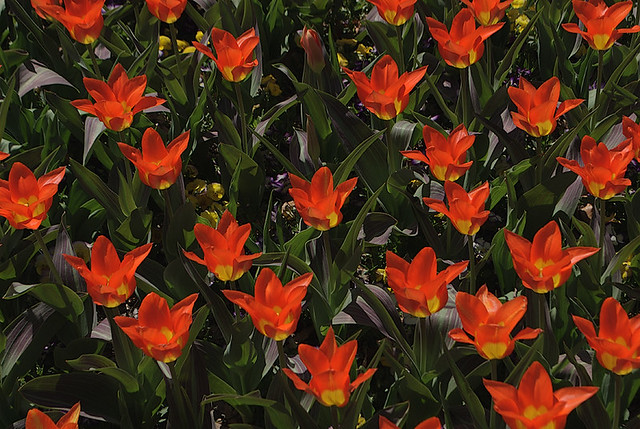
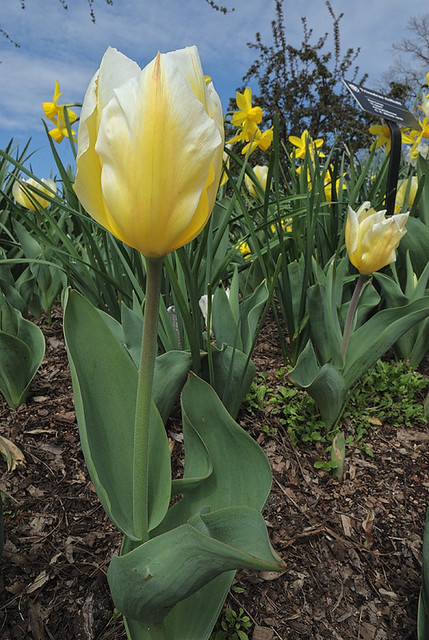
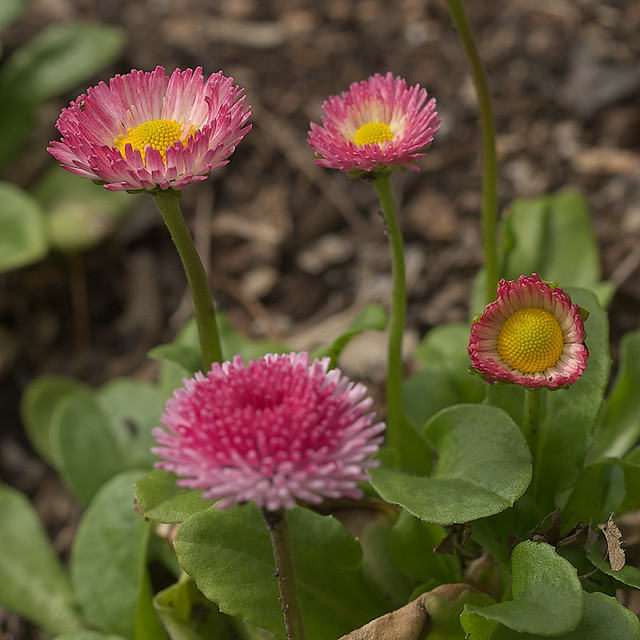
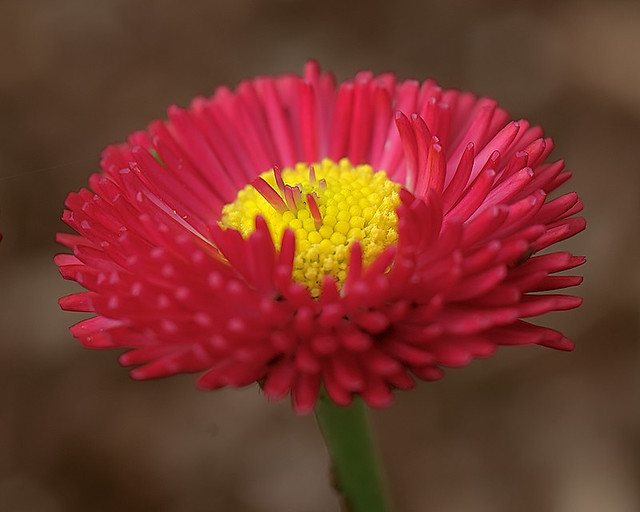

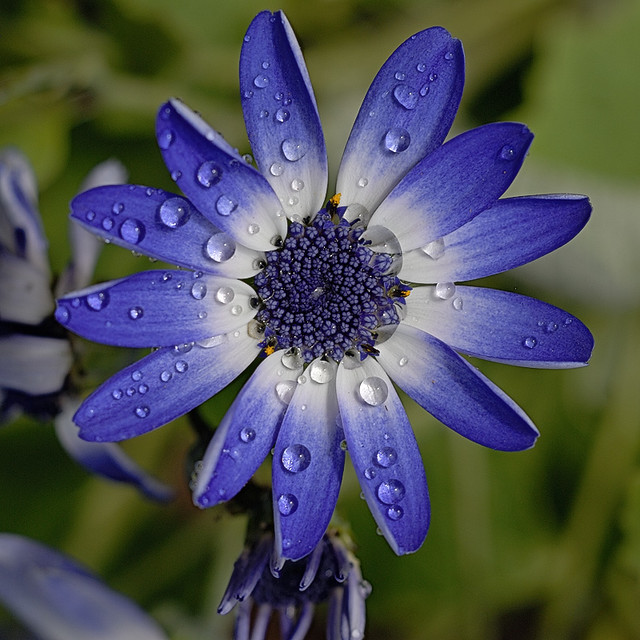
[You can purchase a framed print of this photo here.]
This is at Tower Grove Park:

[A print is available here.]
These tulips were found in downtown Clayton:
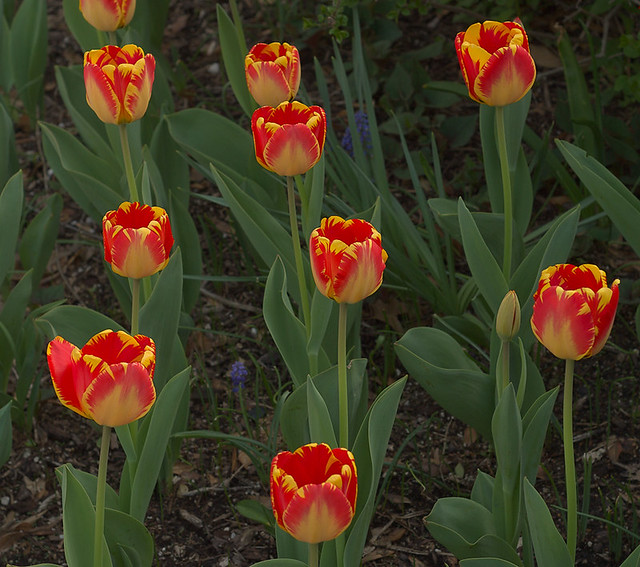

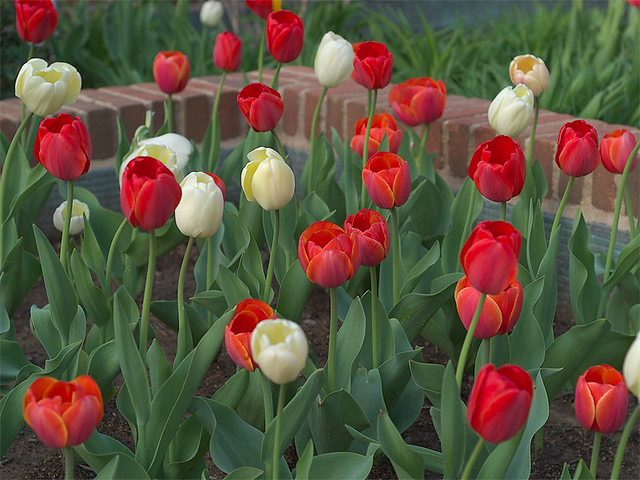
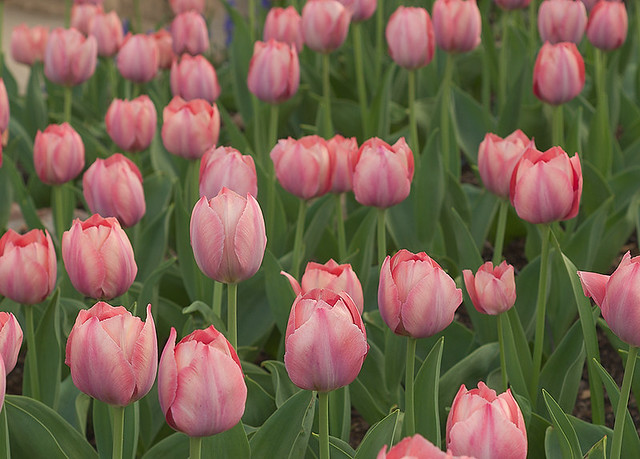
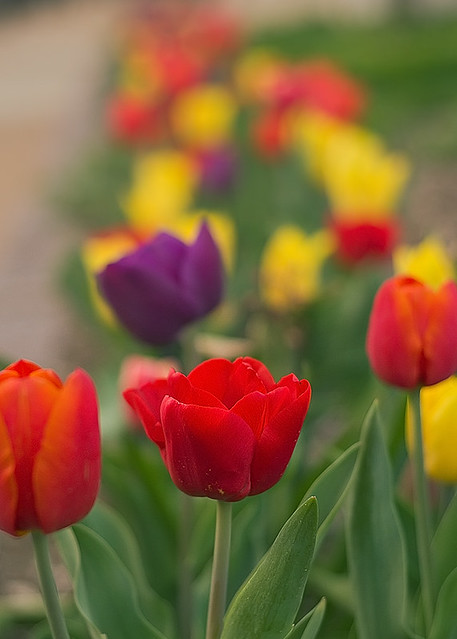
[You can purchase a framed 5x7 print of this photo by clicking here. A wider variety of print sizes are also available, with a slightly different crop here.]
This is at the Shaw Nature Reserve, in Gray Summit, Missouri:
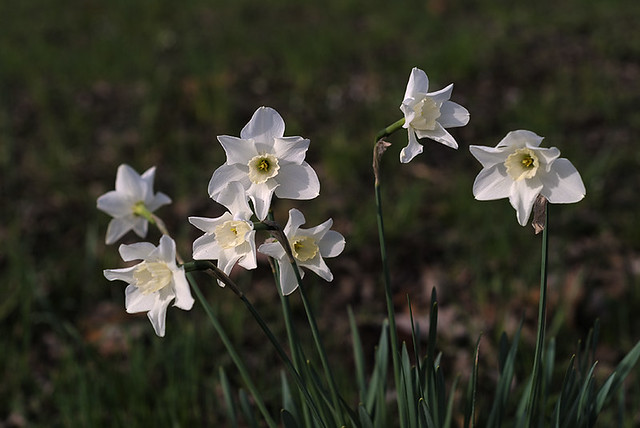
These were taken in the suburban Saint Louis County town of Webster Groves:




I am willing to make prints of any of my photos; please contact me if you would like me to add a photo to my print website. Your support is much appreciated and helps me bring more photos here on Rome of the West.
